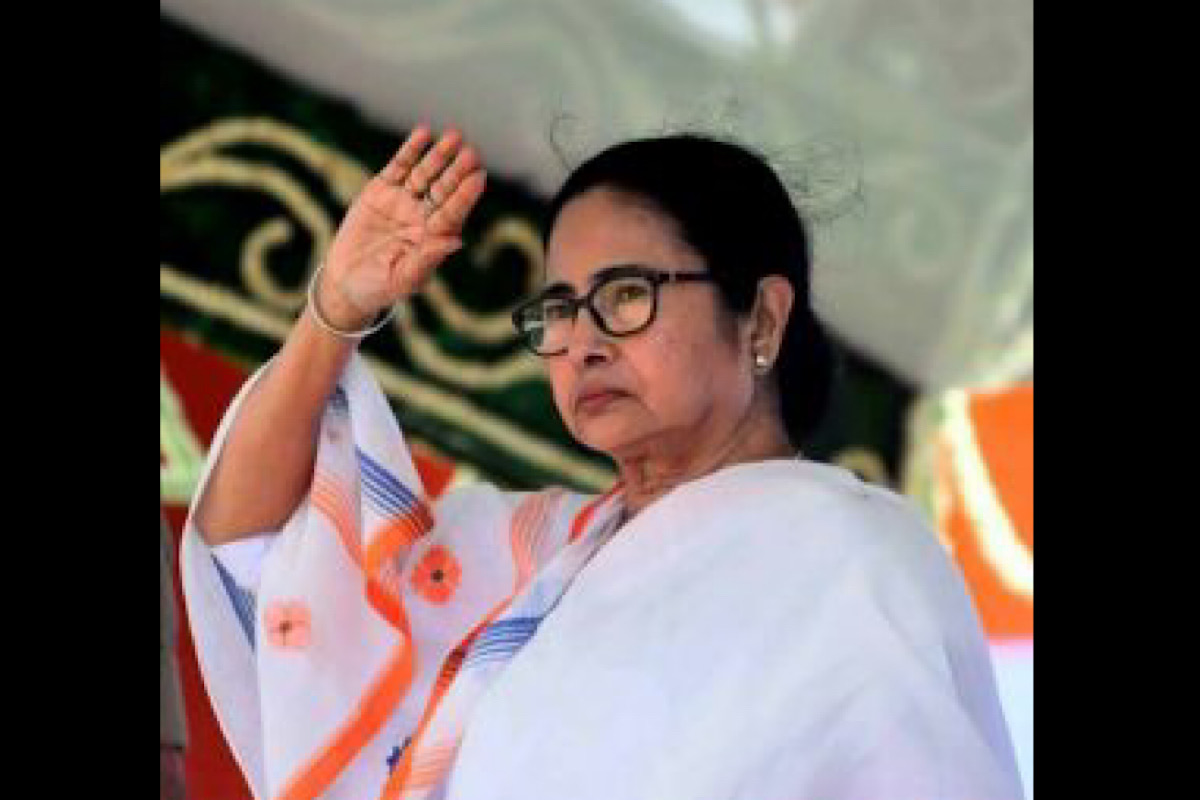Siding with the downtrodden has not just been the motto of the grassroots party Trinamool but it has been its biggest weapon as far as wresting power from incumbents is concerned. Mamata Banerjee, it will be remembered, brought the thirty-four-year-old Communist regime to its knees with two powerful movements in Singur and Nandigram in the mid-2000s, when she backed the farmers’ resistance to the takeover of their lands for the setting up of a car factory and a chemical hub respectively. This time, before the Parliamentary elections, the party has espoused the cause of the poor laborers in the state who have not yet received payment for their work under the Mahatma Gandhi National Rural Employment Guarantee Act or MGNREGA.
Taking on the Centre and demanding that the funds be released without delay, Trinamool’s high profile protest rally in Delhi between October 1 and October 3 catapulted the issue to the national level. And that was a strategic move because Trinamool’s current agenda is to try and dethrone the BJP-led NDA government in the general elections. Trinamool is an integral member of the alliance formed by twenty-six of the country’s Opposition political parties – INDIA (Indian National Developmental Inclusive Alliance). Highlighting its solidarity with the poor and the downtrodden is expected to project the party as one which is not only joining hands with others but also has its heart in the right place.
At home, that is in the state of West Bengal, the party is keeping up the pressure by holding rallies at street corners, meetings at public places and press conferences attended by civil society.
Advertisement
Over the weekend, members of “Shomoyer Daakey” the same civil society which had backed Mamata Banerjee’s movement in Singur and Nandigram lent their weight behind the issue when they got together to address a press conference held in Kolkata demanding the immediate release of the poor people’s money. Led by Purnendu Basu, trade union leader and former Trinamool minister, it was attended artists, film makers, music composers, journalists, politicians, writers and theatre personalities.











